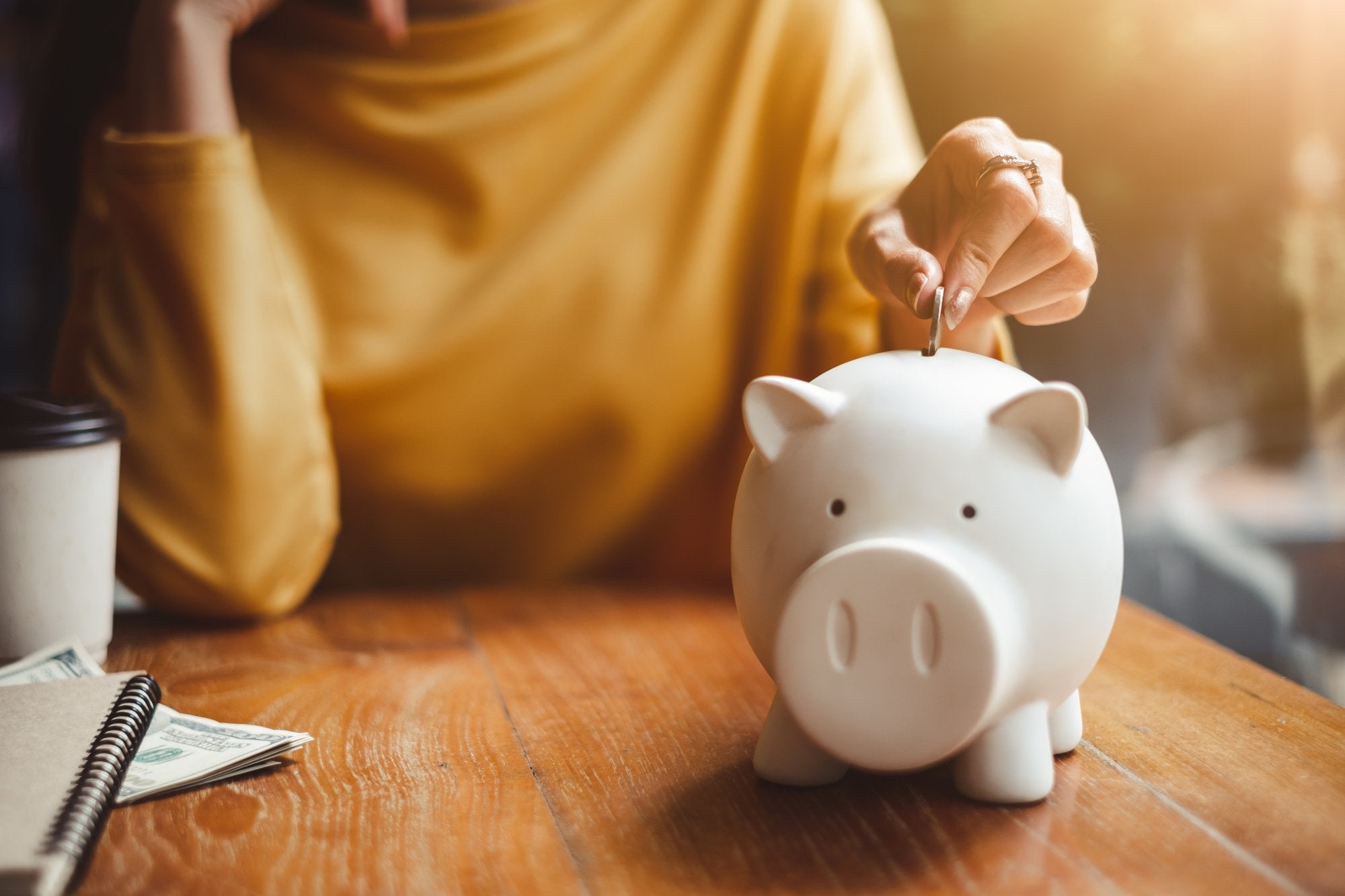
So Many Sustainable Towels Out There—How Do You Choose?
What exactly defines a product as “sustainable?” How does sustainability factor into the towels you choose to use? Sustainability has fast become all-encompassing and this poses a challenge for many in the textile industry who cater to fast fashion trends. Read our latest blog for information on all things sustainable in the textile range.
Towels: we use them every day, and yet how much time do you spend thinking about where they came from? What are they made of, and how were they made? Are you using sustainable towels? Why should you care?
As the effects of a rapidly changing climate become more prominent by the day, more and more brands are placing an emphasis on sustainability. Everything from your mode of travel to, yes, your towels and bedding, now have an environmental consideration. When shopping for your next set of bathroom towels, you may want to check whether they’ve been produced with the environment in mind.
What Does It Mean to Be “Sustainable?”
In the most general sense, the word “sustainable” implies continuity or durability. However, when it comes to retail, it has an added environmental focus: a “sustainable” product is one that promotes the continuation of the planet’s ecosystems. Most people interpret this as most directly meaning a product doesn’t deplete natural resources.

Considering the rapidly accelerating climate crisis, sustainability is top of mind for many shoppers these days. In fact, a 2019 McKinsey survey found that 66% of all respondents and 75% of Millennial respondents considered sustainability when making purchases! Thus sustainability awareness—especially among younger shoppers, who increasingly make up more of the market—has manufacturers manufacturing products with the environment in mind.
But what exactly defines a product as “sustainable?” In order to earn the title, a product’s manufacturing can’t net-deplete natural resources. These products are made in a socially responsible way that doesn’t harm the environment, usually from renewable, recyclable, or biodegradable materials. That responsibility extends to the people involved in production, also: sustainable products also involve ethically-sourced labor.
A new emphasis on sustainability poses a challenge for many in the textile industry who cater to fast fashion trends. In the past, the demand for fast-growing cotton required heavy use of pesticides and fertilizers that pollute the soil and water. Manufacturing synthetic fibers used extra energy and produced microplastics, which, when washed escape into the ocean.
The answer? A shift to textiles—everything from towels to T-shirts—produced with more sustainable materials.

What Are Sustainable Towels Materials?
The textile industry has reimagined sustainable products to meet demands. Organically-grown cotton have a much smaller impact on the planet than their mass-produced kin and make biodegradable fabric. Environmentally-conscious companies use these materials as efficiently as possible, focusing on renewable energy sources, minimizing waste, and distributing in recyclable packaging. Sustainable towels are simply higher quality; they last longer and require less washing (sustainable on it’s own won’t require less washing - making them antibacterial like ours will though).
For example, Nordifakt towels are made with organic cotton, free from synthetic pesticides and fertilizers. Flax (we don’t use flax -we use linen,which is not organic, but non-organic linen is pretty sustainable in the way it is produced), This helps us cut back even more on resource waste. We manufacture all our products in labor-friendly Portugal, adhering to the most ethical working practices.
Do Sustainable Towels Have Antibacterial Technology?
When you use a towel, you want it to be fresh. If you reuse one, can you be sure there aren’t any hidden bacteria lurking in the fibers? Antibacterial fabrics—most commonly found in medical facilities but increasingly prevalent across textile manufacturing—work to combat this.
Nordifakt uses Polygiene® Stays Fresh technology to combat and stop bacteria in their tracks. Polygiene® technology uses small amounts of silver chloride—a naturally-occurring salt found in soil and water—that kills bacteria on contact. And never fear when it comes to health concerns: this silver salt treatment is so safe that NASA uses it to purify water. Applied at the end of production, this treatment lasts the entire life cycle of your towels, keeping them fresh and clean with every use.
This technology keeps towels odor- and bacteria-free, allowing you to use them more often between washes. Repeated washing and poor workmanship rank among the top causes of wear and tear on towels. Not to mention that washing less can save nearly 1800 liters of water (475.5 gals) and eliminate 2000 kilos (4409 lbs) of CO2 each year! Thanks to Nordifakt’s use of high-quality, sustainable materials and Polygiene® Stays Fresh tech, your towels will last much longer than alternative options.
Is It Recyclable?

Another key test of sustainability is whether you can recycle products. All Nordifakt towels and linens are 100% recyclable. When you recycle, you save energy, reduce natural resources, reduce waste and pollution, and keep landfills from overflowing.
Is It Certified Sustainable?
Sustainability certification means that a product has passed industry standards and can legally claim that it is sustainable. One of the most respected international certifying bodies, OEKO-TEX, sets a Standard 100 designation to validate sustainability. After rigorous product testing, the Standard 100 by OEKO-TEX certification declares a product free of high levels of over 100 harmful substances—including nickel, formaldehyde, azo dyes, and synthetic softeners (phthalates) and colorants that trigger allergies in many people.
Bluesign is another key international textile certification organization that emphasizes sustainability. Recognized across Asia, Europe, and North America, Bluesign certification means the manufacturer responsibly used sustainable materials resources and clean processes to make a product, while also providing for the safety of their workers.
All Nordifakt products come OEKO-TEX® and Bluesign® approved. These certifications confirm the responsible use of resources with low impact on the environment. Nordifakt products also meet OEKO-TEX® Eco Passport approval, a designation registered by both the EPA and the EU Biocidal Product Directive (BPD).
Make Sure Your Next Towels Are Sustainable
We all have to do our part to help save the planet. But that doesn’t mean you have to sacrifice certain comforts! Buying and using sustainable towels can help protect the environment, while also stocking your home with high-quality products.
Nordifakt’s line of eco-friendly, sustainable towels and bedding aims to bring a little bit of Scandinavia into your home—and green it as well. Our towels are made with organic materials, and the Polygiene® Stays Fresh technology preserves the life of our textiles. Since silver salt treatments eradicate harmful bacteria, your towels stay fresher, for longer. Thus, you can cut back on washing—and help save on energy use—without giving up on quality.
With our OEKO-TEX® and Bluesign certifications, you can be certain that every Nordifakt textile you buy is certified sustainable. Next time you’re shopping for towels, consider the work that went into the product on the shelf. Think green, think Danish, think Nordifakt. Get your towels today!



Leave a comment
This site is protected by hCaptcha and the hCaptcha Privacy Policy and Terms of Service apply.